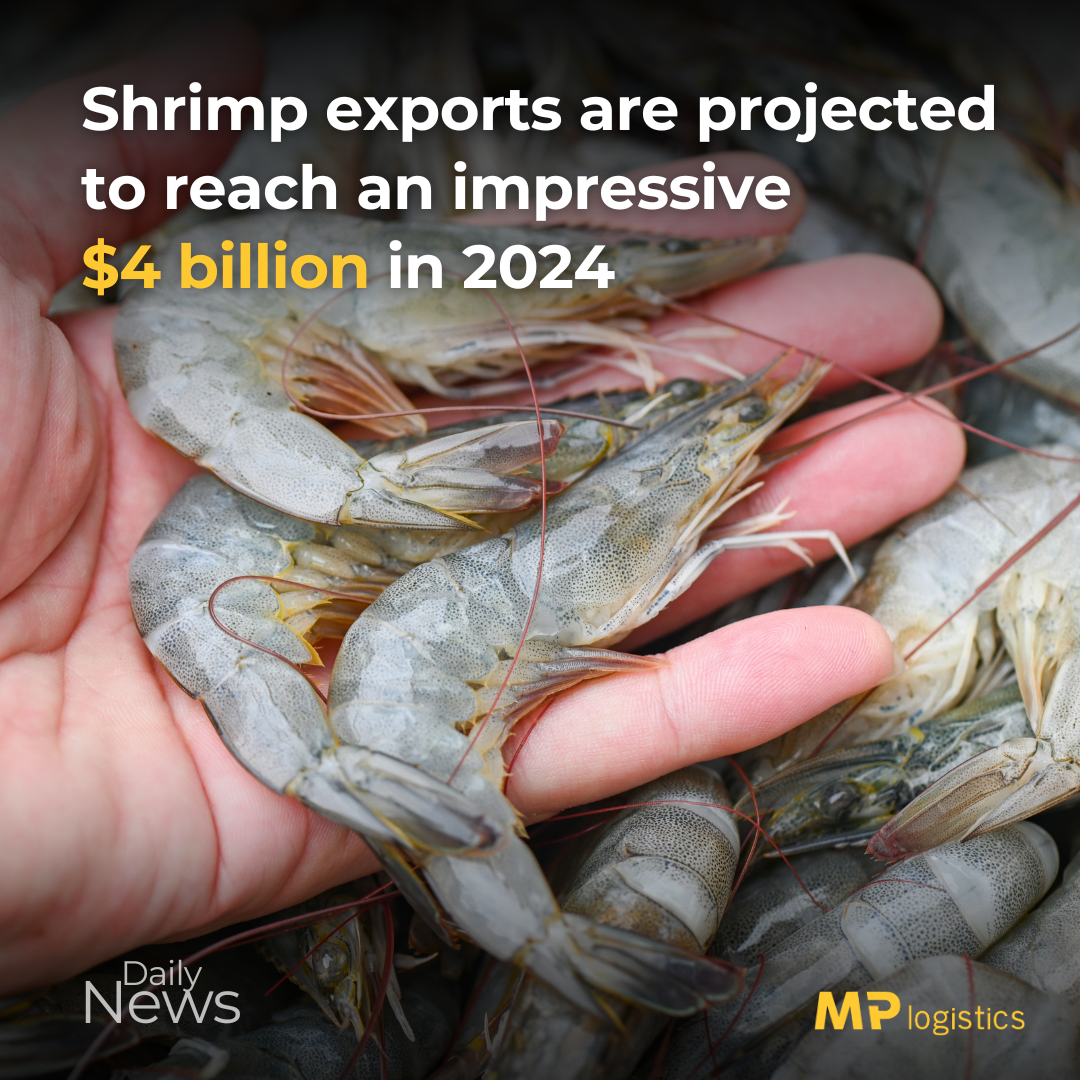
With double-digit growth in key markets, Vietnam’s shrimp exports are projected to rake in $4 billion in 2024, according to insiders.
While this figure is lower than the record of $4.3 billion achieved in 2022, it marks a strong recovery compared to 2023, when shrimp exports totalled only $3.4 billion. This recovery highlights the resilience of the shrimp industry as it continues to regain momentum.
Vietnam’s shrimp exports showed impressive growth in the first 11 months of 2024, reaching nearly $3.6 billion, a 22% increase compared to the same period last year.
According to the Vietnam Association of Seafood Exporters and Producers (VASEP), the shrimp sector is performing well in several key markets. Exports to both US and European Union have shown consistent growth, while China’s recent policies to stimulate domestic consumption could further drive demand for Vietnamese shrimp.
Along with an uptrend in shrimp export prices, the processed shrimp sector is growing rapidly, marking a shift towards higher value-added products.
However, experts held that the Vietnamese shrimp industry faces significant challenges that need to be addressed to ensure sustainable growth.
Tran Dinh Luan, Director of the Fisheries Department under the Ministry of Agriculture and Rural Development, stressed that, to compete on the international market, Vietnam must improve shrimp quality and reduce production costs. Key issues include enhancing the quality of shrimplets, managing breeding cycles, controlling diseases, lowering production costs, and accurately forecasting the consumption patterns of importing markets. Addressing these challenges is vital to improving the shrimp value chain and boosting farmers’ incomes.
Meanwhile, diseases on shrimps are considered a threat to the production and quality of shrimp products, he said.
Phan Thanh Lam at the Research Institute for Aquaculture No. 2 noted that upgrading the shrimp industry’s value chain is a significant challenge, noting the industry’s poor linkages between production and consumption, and small scale of the majority of shrimp producers.
Tran Ngoc Hai at the Can Tho University highlighted the importance of adopting high-tech, environmentally friendly shrimp farming practices that are resilient to climate change. The industry must also focus on meeting international standards and linking production across the value chain to better serve market demands.
Despite environmental, disease, and production challenges, Luan highlighted that Vietnamese shrimp businesses have introduced many innovative solutions, such as applying new technologies and improving infrastructure. These efforts are helping to reduce emissions, extend the value chain, and increase both profitability for farmers and businesses, he added.
Source: VNEXPRESS
 info@mplogistics.vn
info@mplogistics.vn (+84) 28 3811 9033
(+84) 28 3811 9033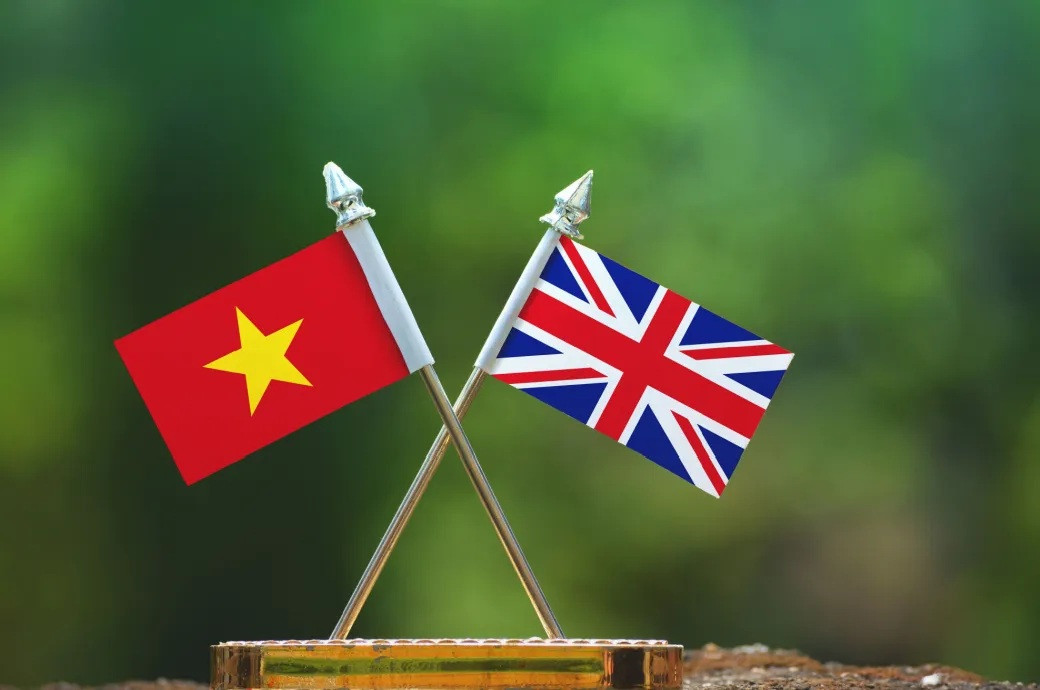
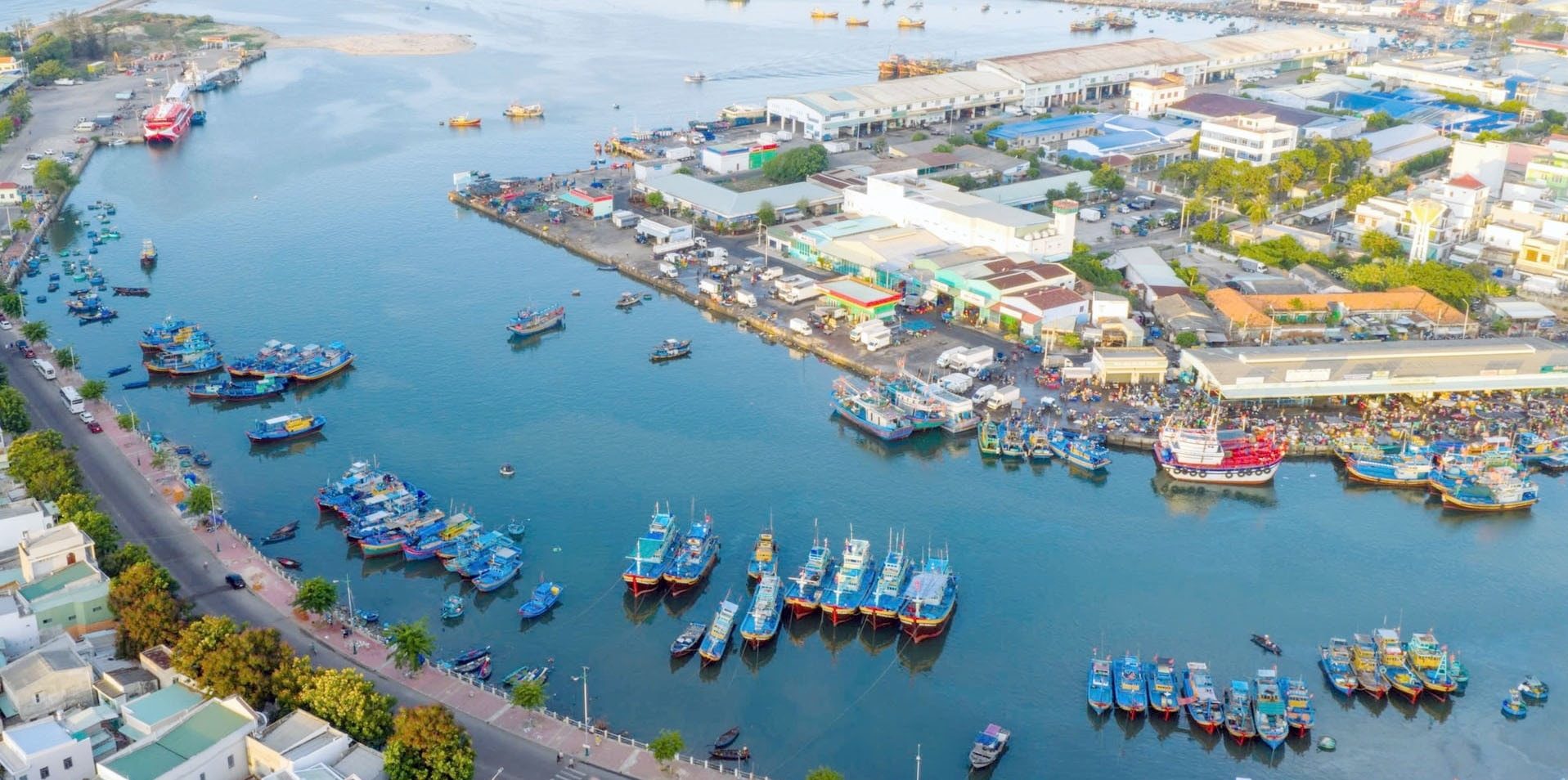
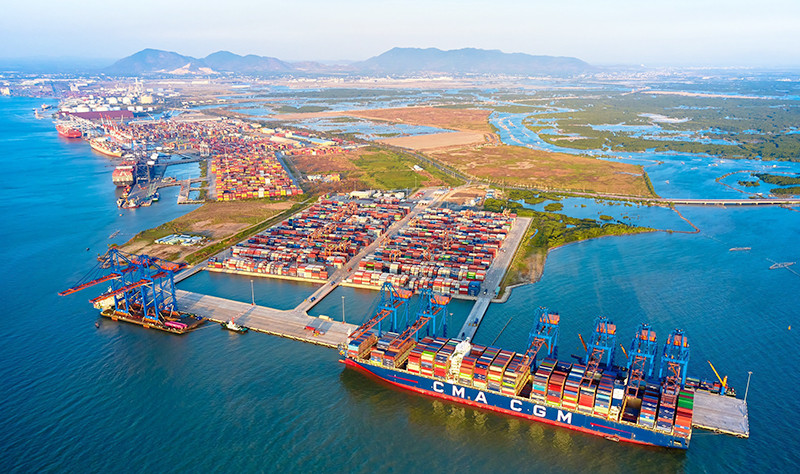
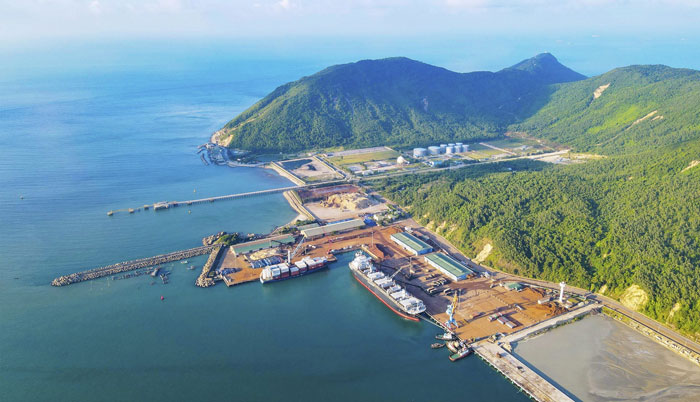

 VN
VN